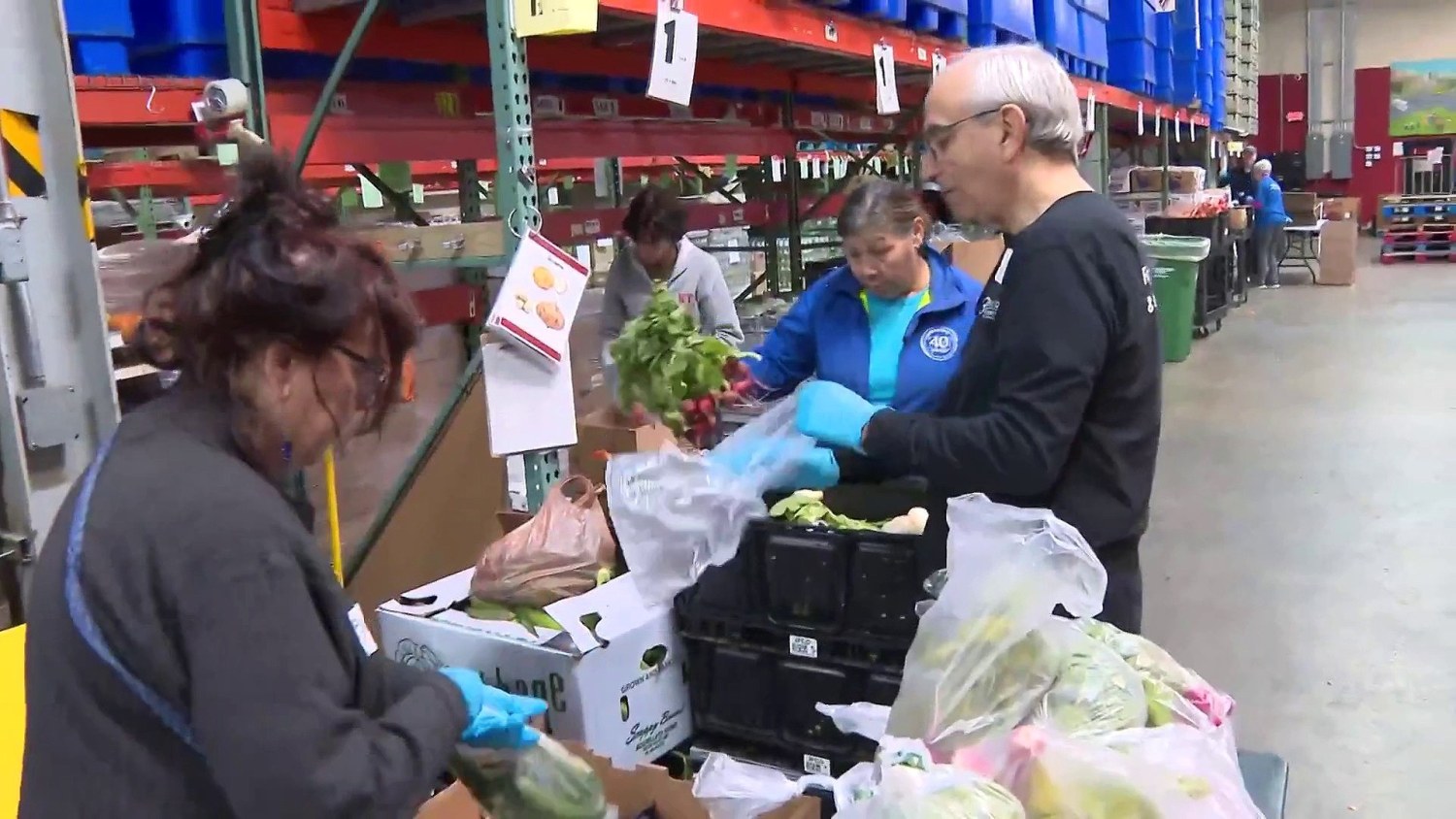Following a period of diligently restoring confidence and cohesion, a modest community, which previously contended with the sway of a deceptive figure, is currently confronted with an unforeseen and novel predicament: a measles epidemic that endangers its gradual journey toward recovery.
A delicate rebound interrupted
In the quiet outskirts of a rural region, a close-knit community had been trying to recover from the scars left by a charismatic yet controlling figure who once dictated their beliefs, routines, and relationships. For years, residents worked to rebuild their lives, focusing on restoring personal autonomy, education, and access to reliable healthcare—things that were once restricted under the leader’s influence. However, that fragile progress has been suddenly interrupted. The return of measles, a preventable disease long thought to be under control, has reignited fear and uncertainty among those still learning to trust the outside world.
The first signs of trouble appeared when several children developed high fevers and rashes. At first, many parents hoped it was a seasonal illness, but as the symptoms spread and intensified, local health officials confirmed their worst fears: measles had entered the community. For those still grappling with the psychological aftermath of isolation and manipulation, the outbreak feels like a cruel echo of the past—another test of resilience and solidarity.
The origins of susceptibility
The community’s current health crisis cannot be understood without revisiting its past. During the height of the former leader’s control, outside medical care was often dismissed as unnecessary or even dangerous. Vaccinations were discouraged, framed as an intrusion by outsiders seeking to corrupt the group’s “purity.” As a result, many children grew up without routine immunizations, leaving the population highly susceptible to preventable diseases.
Even after the leader’s influence waned and families began reestablishing contact with neighboring towns, the damage was already done. Years of mistrust toward institutions and science left deep marks, creating an environment where misinformation about vaccines still lingers. Health authorities who have since stepped in to assist describe an uphill battle—not only to contain the outbreak but also to rebuild confidence in public health systems.
Local healthcare professionals and community helpers have been visiting homes, providing information and complimentary immunization drives. However, advancement has been sluggish. A segment of the population, still affected by prolonged indoctrination, continues to be reluctant or apprehensive. False information has demonstrated a contagiousness comparable to the virus itself, disseminating through rumors, online posts, and persistent anxieties about exploitation.
Personal narratives amidst the crisis
Behind the numbers and news reports lie the stories of families who thought they had overcome the worst. Parents are now consoling their children, who are experiencing symptoms they can barely comprehend. Older residents, remembering past epidemics that occurred before widespread vaccination, express astonishment that such illnesses could reappear in the 21st century.
Healthcare professionals in the vicinity report extended work periods, significant emotional fatigue, and the struggle of encountering opposition from individuals who continue to link medical care with coercion or retribution. From their perspective, this situation transcends a mere health crisis; it represents a profound human dilemma stemming from past traumas, a lack of confidence, and fractured community ties.
One local doctor, who has been volunteering since the outbreak began, explained that the fight against measles here is not only about stopping contagion, but also about healing invisible wounds. Each vaccination represents not just protection from disease, but also a step toward reclaiming autonomy and trust.
Lessons in resilience and responsibility
The ongoing crisis serves as a stark illustration of the vulnerability of public health when false information spreads and confidence diminishes. While measles was deemed eradicated in many areas years ago, its reappearance in small, secluded communities highlights the rapid reversal of advancements when preventative actions are overlooked.
Experts highlight that restoring public trust in healthcare extends beyond immediate relief; it necessitates sustained interaction, compassion, and ongoing educational initiatives. Religious and community leaders, now advocating for immunization campaigns, are playing a crucial role in connecting medical professionals with families who are hesitant. Their participation helps illustrate that faith and science do not have to be conflicting entities, but can instead collaborate in the mutual quest for health.
As vaccination teams continue their rounds and recovery efforts intensify, there are glimmers of hope. More parents are agreeing to immunize their children, understanding that protection is not a sign of submission but of care. Community gatherings now include discussions about health, prevention, and the lessons learned from their collective experience.
Despite the fear and upheaval brought by the outbreak, it has also highlighted the extraordinary fortitude of a community resolved to avoid past errors. Every day, fresh accounts of collaboration emerge—neighbors providing provisions to families in isolation, young volunteers aiding medical personnel, and local authorities fostering openness and discussion.
Still, experts warn that the path forward will be long. Restoring herd immunity takes time, and the emotional scars from both the cult’s control and the current health emergency will not fade overnight. Yet the willingness to engage, listen, and learn represents a powerful shift from the silence that once defined their lives.
Ultimately, what started as a public health crisis has transformed into a trial of faith—a poignant reminder that true recovery encompasses not just survival, but also the journey to reclaim our collective belief in each other. The narrative of this community serves as a powerful emblem of human resilience, demonstrating that even after prolonged periods of deception and apprehension, restoration can occur when individuals prioritize empathy over detachment and honesty over falsehoods.


